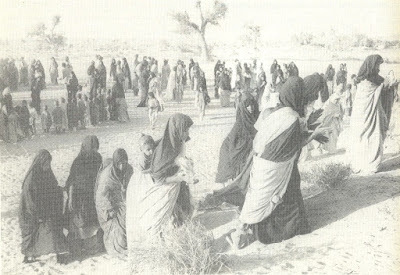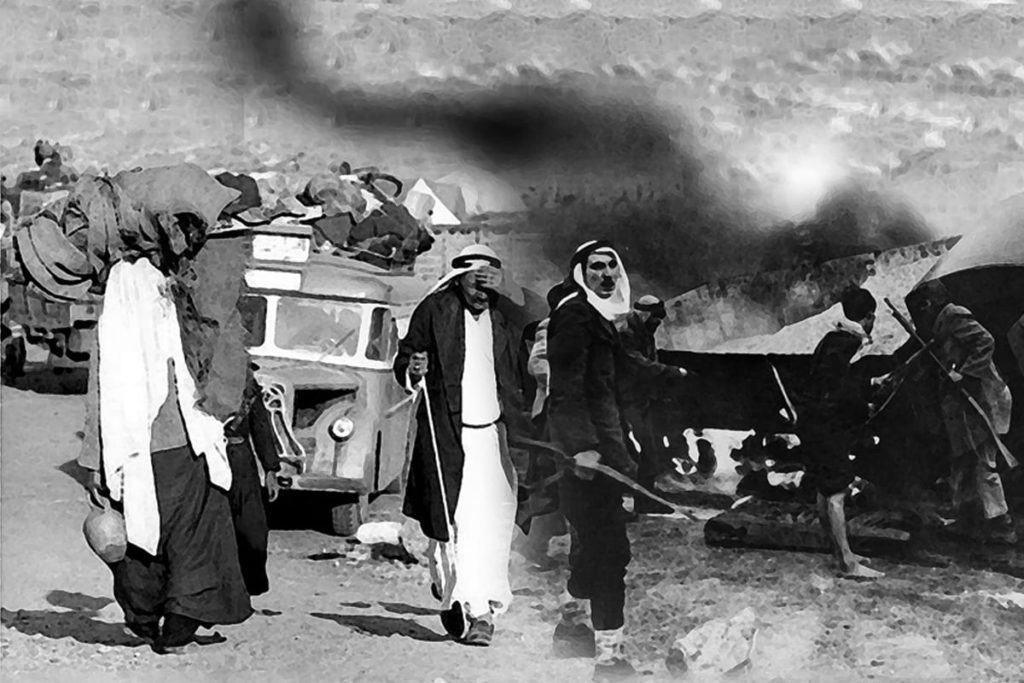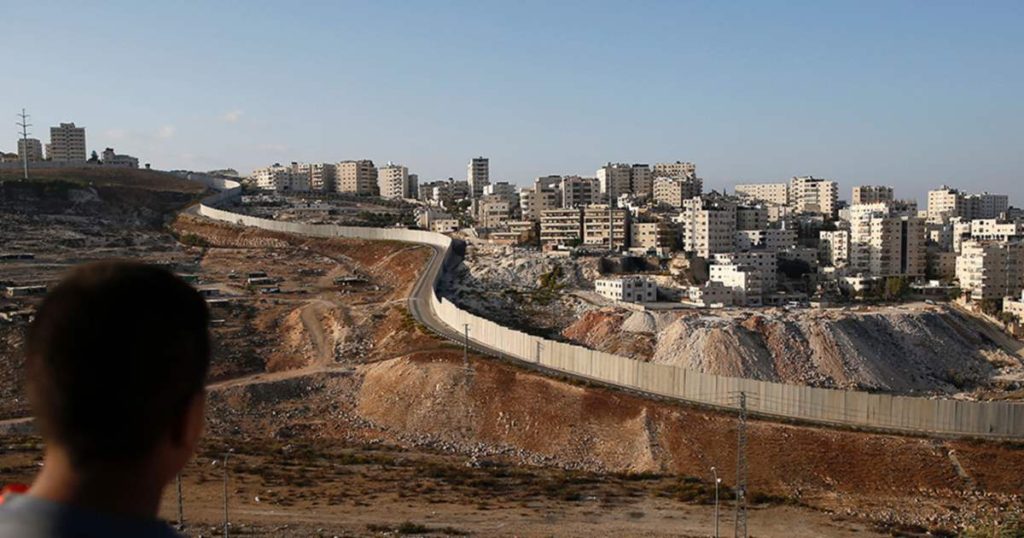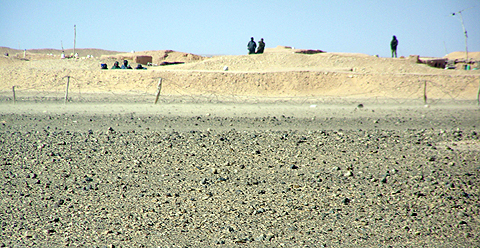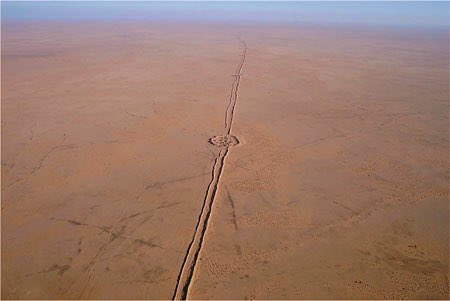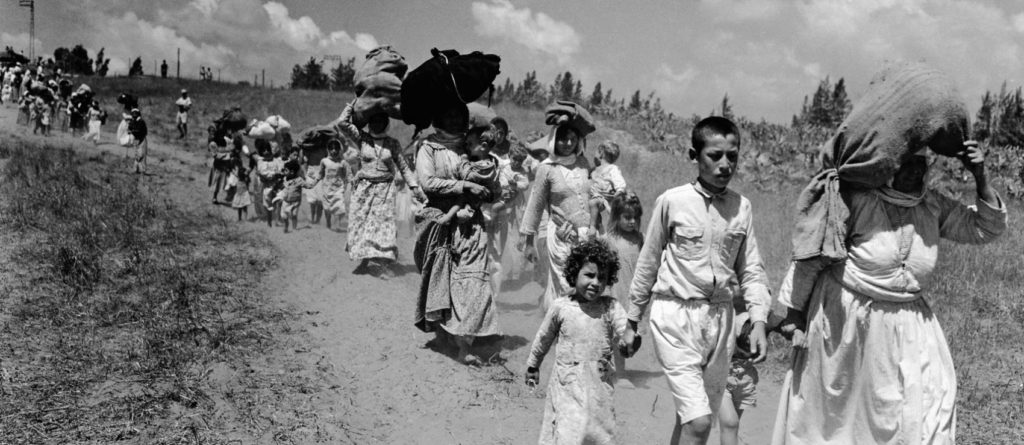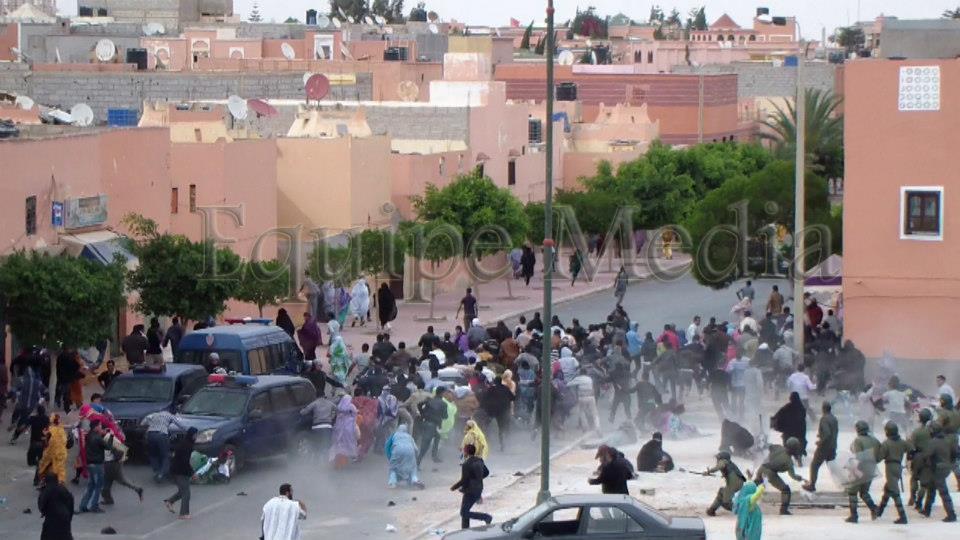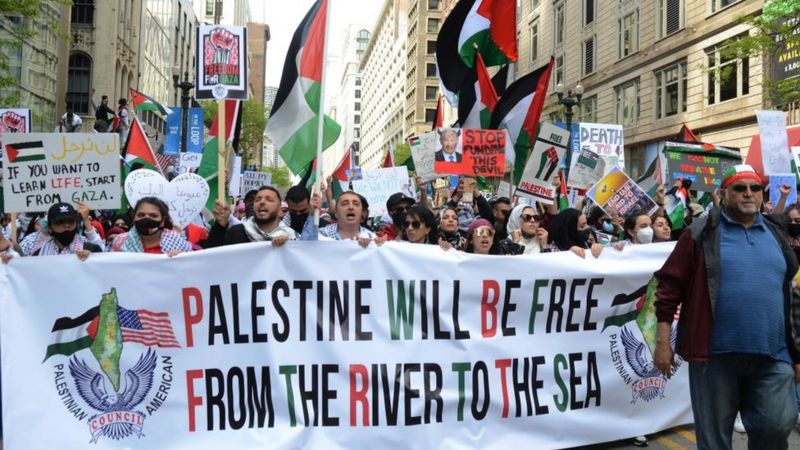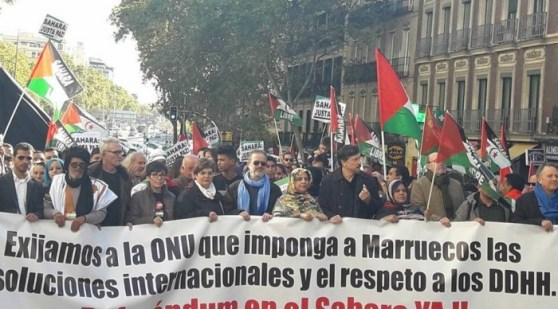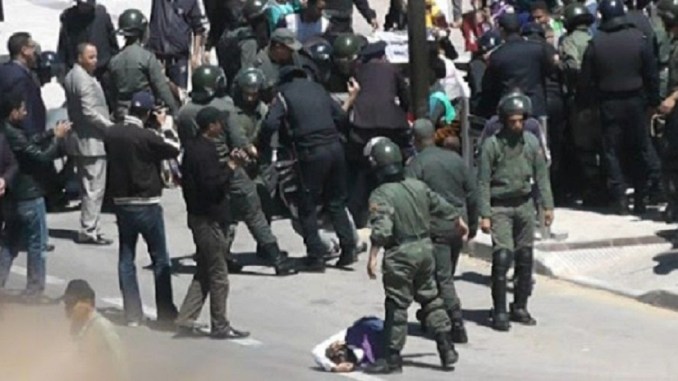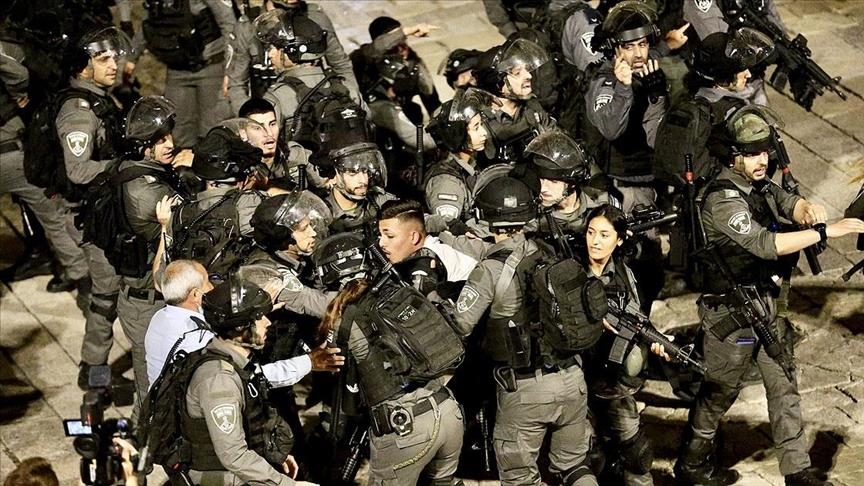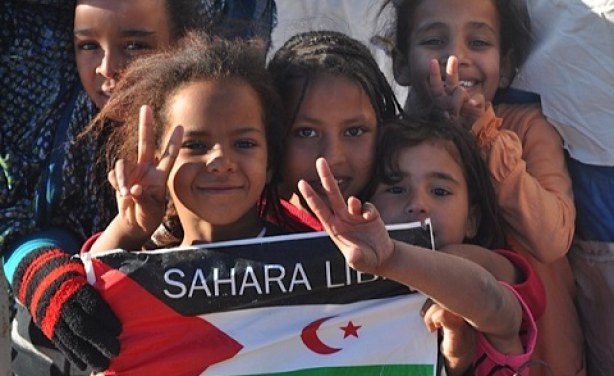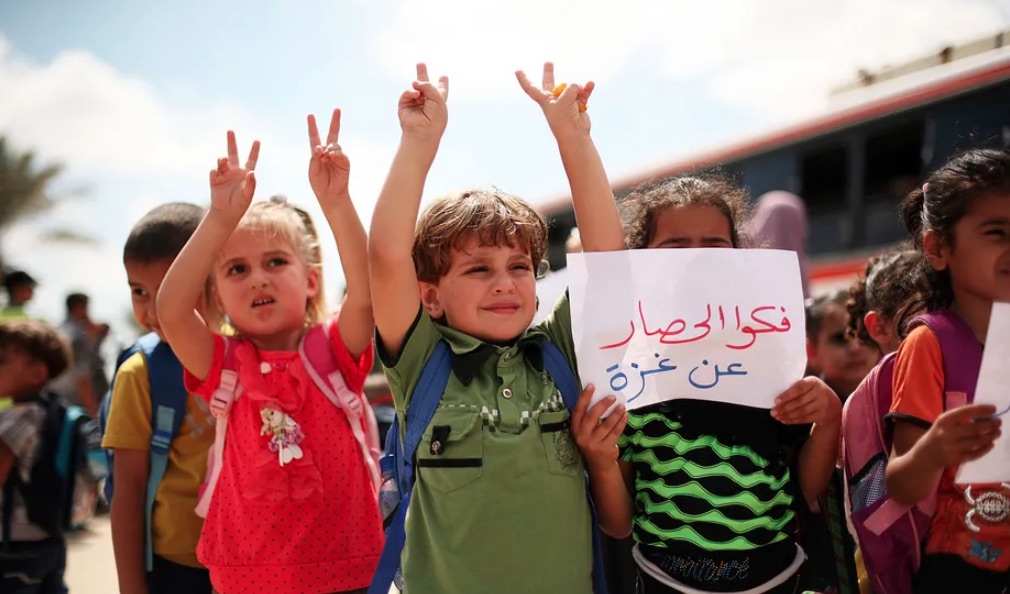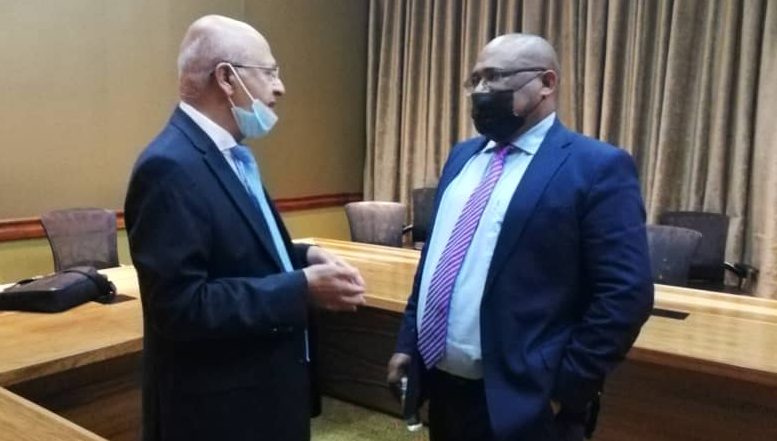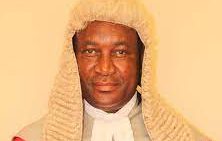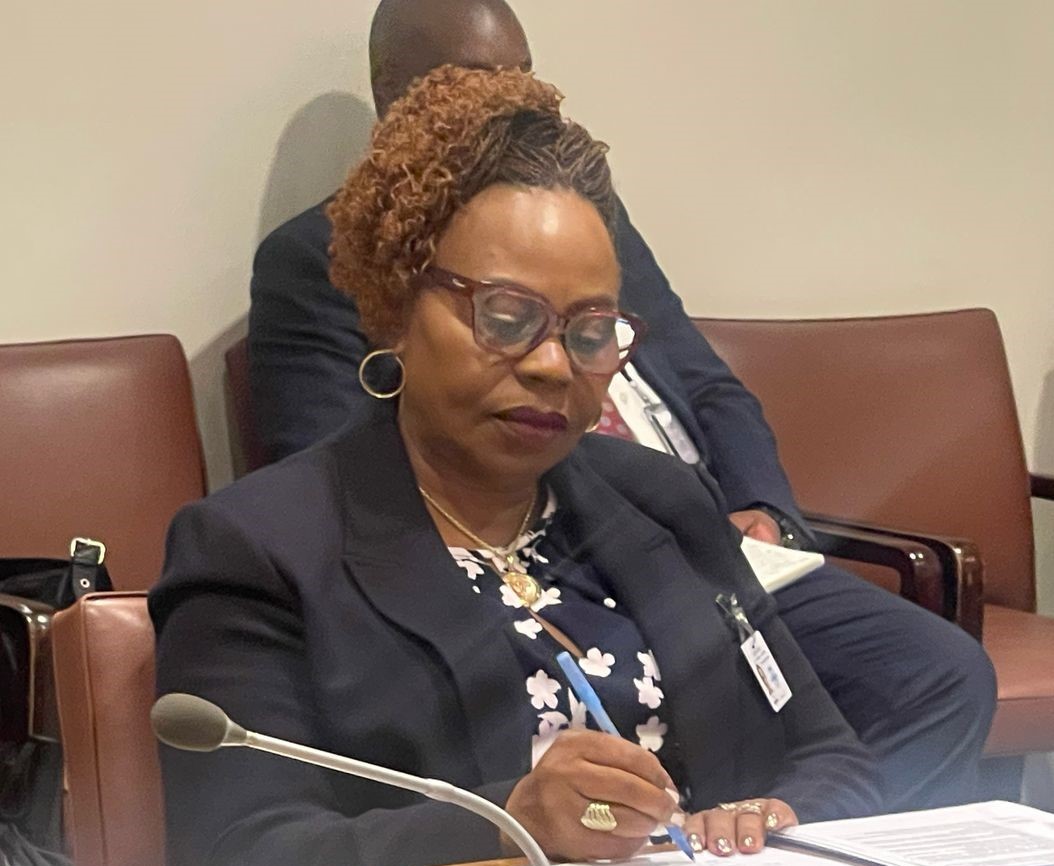
The answer is a bold yes. Youth Leadership under Colonialism does bring new elements to our established understanding that, “Leadership is about action and about change at the individual, organisational and societal levels” (Odeh, Bruning, 2006). While the present initiative as described below displays the “action” and “change” components of leadership as well as the interplay between the individual and societal it brings forth at least two main contributions. First, that young people are aware that colonialism remains a present reality, curtailing their life projects while also prompting them to counter neoliberal ideologies that seek to distract their attention with other narratives, less politicised, more individualized, and typically reductionists.
Contrary to the current discourse that views young people as distant from reality and overly preoccupied with social media gadgets and the like, hence needing constant direction and instruction, the present experience demonstrates that Youth Leadership even in dire contexts such as colonialism can indeed be self-guided and self-informed and more, has the potential to bring on innovative approaches using little resources as was the case in producing a video that was used as a learning resource for the participants and a prompt to their contributions.
Second, that the key motors for the mobilization of Youth Leadership in societies living under oppression such as colonialism, reside in their own interpretation of their realities and concerns and as such an authentic listening process needs to be put in course in place of attempts of tutelage. Even in the absence of conditions to exercise self-determination, the Youth Leadership here presented has the features of what the former South African Minister Geraldine Fraser-Moleketi referred to as “vibrant citizenry,” (Odeh, Bruning, 2006).

In this article we sought to present and discuss a unique and courageous initiative implemented by young people from Western Sahara and Palestine in order to highlight the plight of two peoples living under colonialism, the first being way less visible or known.
The lessons learned here tell about the vanguard nature of the initiative in insisting that both Moroccan and Israeli colonialisms are at the centre of young people’s concerns as well as forms of struggle for dignity and liberation.
No Youth Leadership can be effective without bearing this in mind and taking into consideration that colonialism is the main macro and microstructures that ordain people´s everyday lives and their struggle to freedom and decoloniality.
Western Sahara, Palestine and Youth Leadership under Colonialism. Same Fate, Same Fight
Well into the 21st century entire peoples are prevented from the right to self-determination and are still being oppressed politically, economically, socially, culturally, and even ethnically cleansed before the very eyes of a silent and at times colluding international community. Those peoples continue to live under colonial contexts that affect their daily lives and undermine their basic rights and dignity in all respects.
Here we focus on two such colonial examples, Western Sahara and Palestine and examine a recent initiative carried out by young people that can best be described as an event of capacity building for Youth Leadership under Colonialism. The Initiative’s aim was to create a common platform via Webinar in order to: a) exchange experiences as to the implications of colonialism on daily life and from there to create networks of support and solidarity, b) reiterate the focus on colonialism as a key detriment in the life of young people and, c) to propose practical steps towards strengthening unity between peoples living under colonialism.
In what follows, we present a briefing of the Webinar and the discussions that ensued followed by some closing comments.
Background to the youth leadership initiative (the Webinar)
For more than 3 generations now, from grandparents, to fathers and mothers and now their sons and daughters, The Western Sahrawi cause is over 45+ years, and Palestinian is 75+ years, the younger generation has picked and continues marching with the struggle to freedom and liberation, these two countries’ struggle for liberation is so similar that we could not mention one struggle and not think and reflect on the other, they may be geographically not that close, but the heart is one, the soul is one, the need is one, even the oppressor is almost one.
The struggle is one!
The Palestinian and Sahrawi people not only share the painful fate and history, but even the ominous plots that are hatched against them from time to time. This common struggle urged the Sahrawi active youth group, “Sahrawi Youth Against the Occupation,” to build a bridge with their counterparts from Palestine in a virtual dialogue that took place on 29th of May 2021, to connect between the revolutionary youth from both peoples, exchange opinions and show solidarity and compassion.
Palestinian youth presented a deep political awareness about and knowledge on the Sahrawi cause, despite their own blockade and siege and despite the intentional official Arab media blackout on the Sahrawi struggle in general.
On the other hand, the Sahrawi youth were enthusiastic and proud of this solidarity, which meant and means a lot to the oppressed Sahrawi people. Solidarity between peoples yearning for freedom and independence is tantamount to mutual tenderness between them, as well as the cohesion of the forces of the oppressed in the face of tyrants.
That Webinar debated the issue in about three hours, with unparalleled enthusiasm, in the hope that it would never end because of the valuable information and fruitful opinions it contained and the connectedness it offered to a shared struggle and to a bright future for the Palestinian-Sahrawi relationship.
The Webinar began with an introductory video to show the similarities between the two just causes, the two peoples and the same root causes of both struggles. The video started with the roots of the two causes, which is the “beginning of the occupation”, the attempt to exterminate the Palestinians, “Nakba”, by the Israeli occupation, and the Moroccan invasion (Green March) and bombing of “Um Dreiga” by the Moroccan occupation, to make the Sahrawi and Palestinian asylum not a matter of choice but a matter of treachery, betrayal and a failed annihilation project for two similar ephemeral regimes.
The military occupation was able to occupy the land, divide both peoples in half, expelling them from their lands, replaced their homelands with refugee camps, but it could not occupy their convictions and principles. It could not break the will of the two peoples, and it could not and will not be able to take their homelands out of their hearts to this day.
The video also contained scenes of the walls, the humiliation and shame wall, that was built in Palestine (started in 2004 and is ongoing) and the Western Sahara wall of shame, which was built (starting in August 1980 and ending in April 1987, lately, there has been an addition of 14 Km to the Sahara wall, after the start of the second war, in November 2020) which divides the occupied and liberated area of Western Sahara.
As for the Moroccan wall of shame in the Western Sahara, it is considered the longest wall in the world with 2700 km length and between 3 to 8 meters height with the largest minefield in the world. The Moroccan wall of shame is contaminated with more than 8 million landmines, armed with electric wires, more than 120 thousand troops, radars and other arsenal. The victims of this wall were many innocent Sahrawi souls who live in those areas outside the civil orbit. Since its construction and until today, Sahrawis have lost thousands of martyrs, as well as animal wealth which is the source of livelihood for some Sahrawi families, including camels and sheep.
The video also showed some scenes of resistance, the revolutionary enthusiasm in the streets of occupied Gaza in Palestine and in the occupied streets of El-Aaiun in the Western Sahara, and the corresponding violence, repression, assassination, and arrest by the “Israeli/Moroccan” occupation forces of the “Palestinian/Sahrawi” resistance fighters, another common thing is the world reaction, the world is in slumber and lethargy in the face of these violations and crimes against humanity committed by the ephemeral occupation regimes.
Following the presentation of the video, the participants contributed each in narrating theirs and their families’ experiences in living under colonialism, as an intergenerational experience wrought with stories of suffering but also of resilience and empowerment.
In those three hours in which the webinar took place, many painful stories depicted the ordeals of people who tasted the bitterness of asylum, arrest, violence, siege and paid the price of their political convictions because of the cruelty of the occupation. The guests did not skimp on their opinions, which means a lot, especially for Gaza which was bleeding after its resistance in the face of the Israeli occupation, as well as the Saharawi battlefields against the Moroccan military positions.
In addition to referring to the Israeli- Moroccan normalization that stipulates bargaining over Palestine and the Western Sahara, for Morocco to normalize with Israel and recognize Israel’s sovereignty over occupied Palestine, Israel, alongside the USA, recognizes Morocco’s sovereignty over the occupied Western Sahara.
Neither Palestine was or became Israeli, nor the Western Sahara was or became Moroccan, and the attempt to convert Palestine and Western Sahara into Israel and Morocco have failed. Both brutal regimes have tried for years with various types of intimidation and extermination policies and tactics in vain. All efforts failed and will continue to fail.
The Israeli- Moroccan relationship is not new, as Morocco helped Israel with thousands of Moroccan Jews to colonize the Palestinian territories back in the 1940s-1960s. Israel supported Morocco in its war and its conquest of the Western Sahara with heavy weapons and soldiers, as well as in building the Moroccan wall of shame in the Western Sahara and providied it with Israeli radars, drones, engineers, and Israeli weapons. The relationship is not new.
The participants of this dialogue continue to share their experiences and stories of their solidarity with both struggles, and their affirmation that there is no difference between an occupier and another. Injustice is the same everywhere as well as occupation is the same regardless of who is the occupier.
Occupation is the product of one common tendency, which is that of treachery, oppression, greed, and seizing of other peoples’ lands and wealth. The activists continue giving advice to young people like them to stick to their cause and continue to break the opacity that just causes suffer from under the occupation regimes and their agents. The right cannot be divided into two, and the struggle of the Palestinian and Saharawi peoples is one struggle. Long live the solidarity between the two peoples!
References
Odeh, M., Burning,E. Leadership. Capacity.org, 2006. Publisher, European Centre for Development Policy Management (ECDPM), SNV Netherlands Development Organisation and United Nations Development Programme (UNDP).
http://www.learning4development.org/uploads/3/3/8/9/3389888/cap28_0706_lead_eng.pdf
Authors
Maryem Hammaidi is Saharawi and lives in the Occupied Territories of Western Sahara. She is Licensed in Economics and is active in the Saharawi Youth from Western Sahara and is a member of Saharawi Youth vs Occupation.
Aziza Brayk is a Saharawi refugee from Western Sahara, student in Nursing Faculty and is a member of Saharawi Youth vs Occupation..
Elfayda Khayya is Saharawi and lives in the Occupied Territories of Western Sahara. She holds a BA in Sociology and works with Saharawi Youth vs Occupation. Her family has been under siege for more than half a year by the Moroccan occupation.
Nur Rabah is Palestinian and is currently a student of Applied Psychology at the University of Porto, Portugal. She is also a volunteer in Arabic translation at the Western Sahara War Archive Website.
Muna Muhammad Odeh is Palestinian and Associate Professor in Public Health at the University of Brasilia, Brazil where she leads a project on Citizen Science and Youth during Covid 19. https://ecos.unb.br/ciencia-cidada/# Between 2003 and 2006 she acted as Senior Programme Officer at the United Nations University International Leadership Institute and ran several capacity-building courses in leadership for youth. In 2006 she acted as lead consultant for the ‘Leadership in development’ resource corner on the Capacity.org website. http://www.learning4development.org/uploads/3/3/8/9/3389888/cap28_0706_lead_eng.pdf
